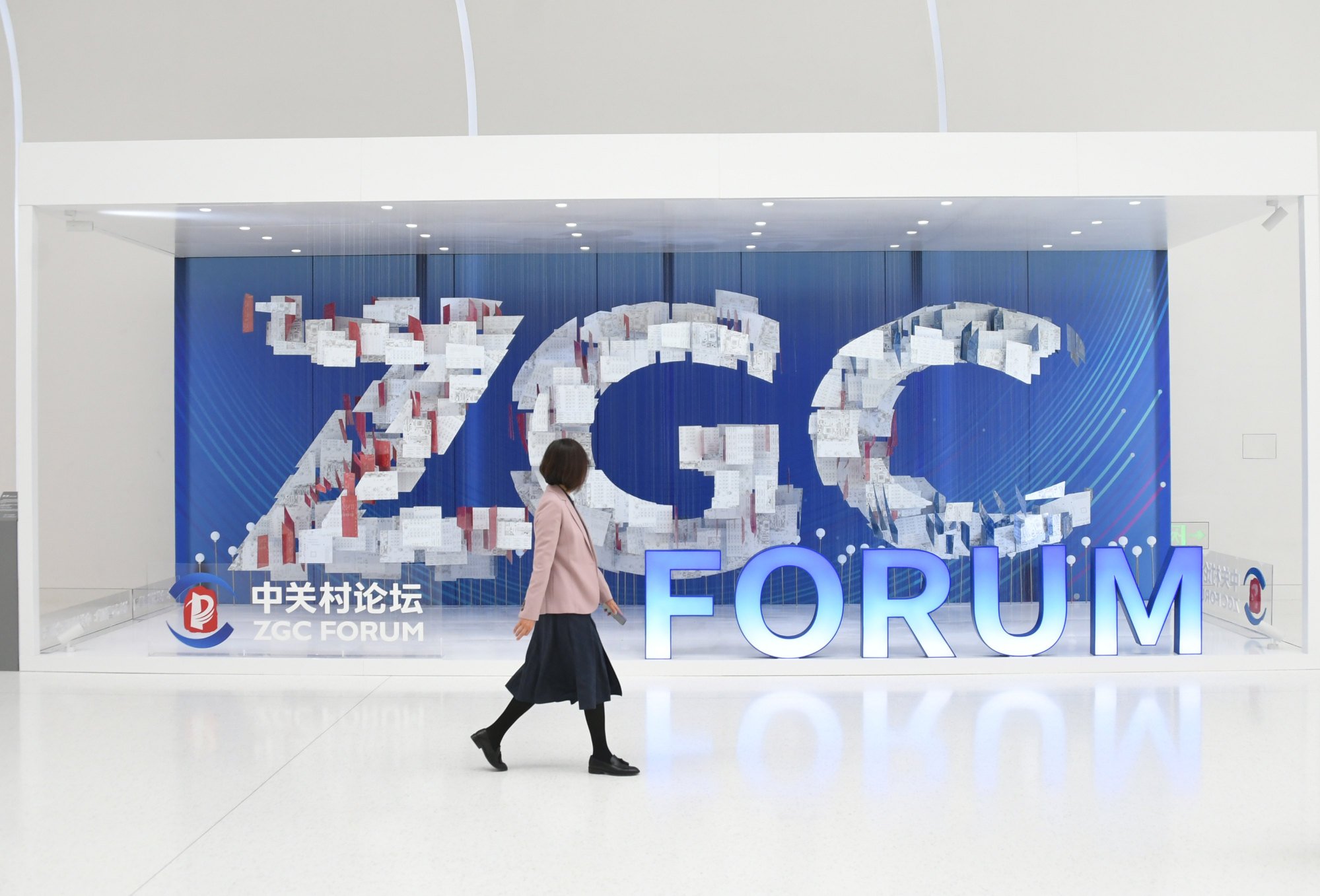Advertisement
Advertisement

China now home to 369 unicorns, with an average value of US$3.8 billion, led by AI and semiconductor firms, report says
- Across 16 sectors, AI unicorns are the highest valued, at an average of US$6.76 billion, followed by financial technology firms at US$6.57 billion
- Beijing minted the most number of unicorns at 114, followed by 63 in Shanghai and 32 in southern technology hub Shenzhen
Coco Fengin Beijing
China is now home to 369 unicorns – start-ups valued at more than US$1 billion – with more than a quarter of these companies involved in the nation’s artificial intelligence (AI) and semiconductor sectors, according to a new report.
These Chinese unicorns have an average valuation of US$3.8 billion, according to a report jointly published on Sunday by five institutions – including professional services giant KPMG, the Zhongguancun Unicorn Company Development Alliance and consultancy Great Wall Enterprise Institute – at this year’s edition of the five-day Zhongguancun (ZGC) Forum, which concluded on Monday in Beijing.
Across 16 sectors, AI unicorns are the highest valued, at an average of US$6.76 billion, followed by financial technology firms at US$6.57 billion, the report said. The number of unicorns in the AI and semiconductor sectors accounted for 14.1 per cent and 12.2 per cent, respectively, of the 369 total.
China, however, continues to remain behind the United States in the overall number of unicorns, according to the report, which did not cover the mainland firms’ peers in the US.

There were more than 700 unicorns based in the US and over 340 in China in last year’s global tally of 1,453, according to the Global Unicorn Index 2024, published by the Hurun Research Institute earlier this month.
The ZGC report, meanwhile, said Beijing minted the most number of unicorns at 114, followed by 63 in Shanghai and 32 in technology hub Shenzhen in southern Guangdong province.
The growth in unicorn numbers on the mainland reflect the gloomy state of initial public offerings (IPOs) in Hong Kong, Shanghai and Shenzhen, where more companies have delayed their listing plans.
Alibaba Group Holding, owner of the South China Morning Post, last month scrapped the listing of Cainiao Smart Logistics Network, after cancelling the spin-off of its cloud computing business and freezing the IPO of its Freshippo grocery chain last November.

Twenty-five unicorns, according to the ZGC report, were incubated by Chinese Big Tech companies including video gaming and social media powerhouse Tencent Holdings, e-commerce giant Alibaba, and internet search and AI champion Baidu.
More than 70 per cent of the 369 Chinese unicorns also received investment from funds with an international background, the report said.
Established venture capital firms were major sources of funding for Chinese unicorns, according to the report. These included HongShan, formerly Sequoia Capital China, which invested in 96 of the 369 unicorns. Citic Capital was involved in funding 74 of these unicorns, while Tencent invested in 56 firms.
Still, rising geopolitical tensions between Washington and Beijing could impact future fundraising efforts of Chinese start-ups. US President Joe Biden last year signed an executive order that restricts American investment in sensitive technologies in China, including semiconductors and AI. A US congressional panel last year pursued an investigation into four American venture capital firms over their investments in those two sectors on the mainland.

1
